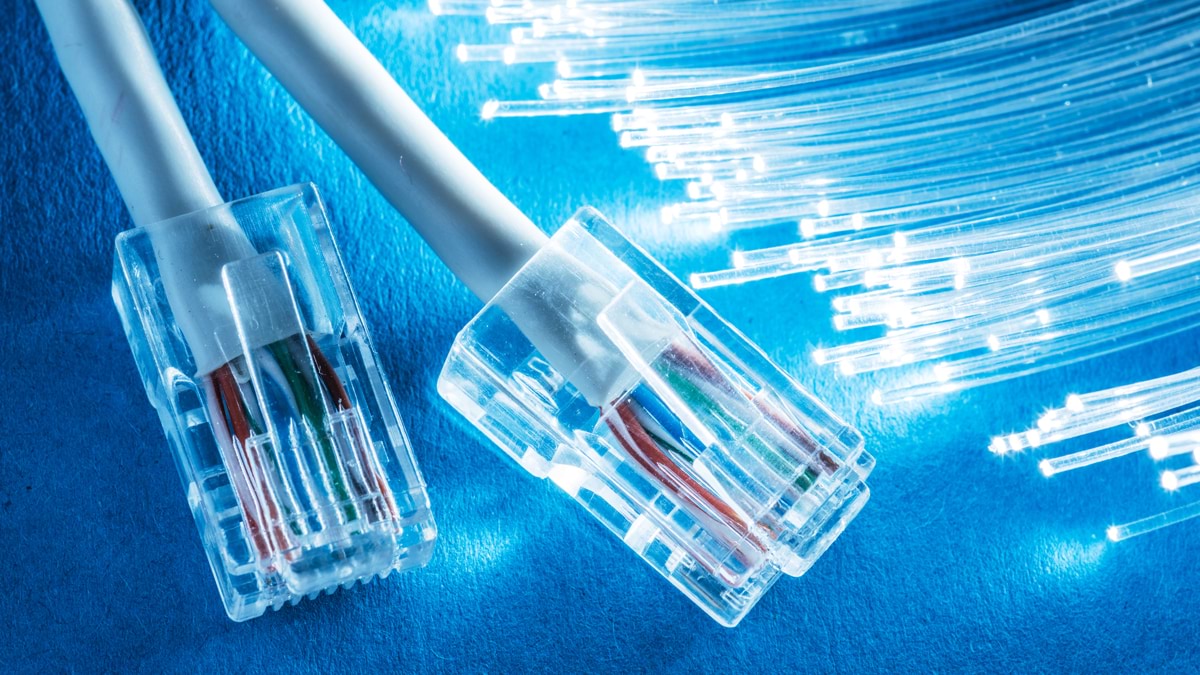Kenya has emerged as one of Africa's leading digital innovation hubs, with its growing IT infrastructure helping push and enable national economic development. Kenya's IT revolution has established itself with improved internet facilities. Undersea fiber-optic cables, combined with 4G and 5G networks, are rapidly increasing access to millions of Kenyans to digital services, remote work, online education, and digital banking to enable more citizens to engage economically.
Increase in data centres and cloud computing
A secure data storage and cloud computing technology ecosystem is crucial to Kenya's growing digital economy. The data centres being constructed locally in Kenya by companies like Layer3 have provided better data security, lower latency, and better delivery of digital services.
Lower operational costs
Businesses using these data centres no longer rely on foreign servers, which makes their operational costs lower and processes more efficient. The ability to scale up quickly with cloud computing will provide new startup flexibility and allow established companies more local options in Kenya. As Kenya narrows the digital divide, this IT Infrastructure and Service Provider in Nigeria uplifts inclusion and heightens economic activity across the country.
Strengthening e-commerce and fintech growth
IT infrastructure has been pivotal in supporting the expansion of e-commerce and fintech in Kenya. The introduction of new IT platforms also improves transaction speeds, payment processing security, and ease of logistics management. As a result, many more customers and businesses are migrating to take advantage of this Managed Network Service Provider in Nigeria, resulting in increased revenues and jobs.
Improved efficiency with financial services
Many fintech startups have also built upon Kenya's digital infrastructure to offer new lending, insurance, and investment products that have mainstreamed financial services to millions. This SDWAN Provider in Nigeria has improved efficiency by reducing red tape and bureaucracy (and reducing opportunities for corruption), which strengthens investor confidence in governance.
Facilitating smart government and public services
The expansion in IT infrastructure has also had an effect on public administration in Kenya, to the extent that government procurements of online services have been enabled via the eCitizen platform and other ICTs (business registration, tax payments, and regulations).
For more information, you can visit our website https://www.layer3.ng/ or call us at 09094529373





